FIREPOWER
FIREPOWER
THE MOST SPECTACULAR FRAUD
IN AUSTRALIAN HISTORY
GERARD RYLE

First published in 2009
Copyright Gerard Ryle 2009
Every reasonable attempt has been made to contact owners and copyright holders of the images reproduced in this book. Any person with further information on these images is invited to contact the author via the publisher.
All rights reserved. No part of this book may be reproduced or transmitted in any form or by any means, electronic or mechanical, including photocopying, recording or by any information storage and retrieval system, without prior permission in writing from the publisher. The Australian Copyright Act 1968 (the Act) allows a maximum of one chapter or 10 per cent of this book, whichever is the greater, to be photocopied by any educational institution for its educational purposes provided that the educational institution (or body that administers it) has given a remuneration notice to Copyright Agency Limited (CAL) under the Act.
Allen & Unwin
83 Alexander Street
Crows Nest NSW 2065
Australia
Phone: | (61 2) 8425 0100 |
Fax: | (61 2) 9906 2218 |
Email: | info@allenandunwin.com |
Web: | www.allenandunwin.com |
Cataloguing-in-Publication details are available from
the National Library of Australia
www.librariesaustralia.nla.gov.au
ISBN 978 1 74175 355 4
Set in 13/15.9 pt Granjon by Midland Typesetters, Australia
Printed and bound in Australia by Griffin Press
10 9 8 7 6 5 4 3 2 1
CONTENTS
ACKNOWLEDGEMENTS
This book would not have been possible without the time, help and advice of many special people. In no particular order, I want to thank Marie Fox and Seamus Bradley for their endless patience in reading early drafts of the manuscript; Adrian Mogos and Paul Cristian Radu for their research in Romania and for generously acting as my guides when I visited that country; Glenda Kwek for her help in Singapore; Chris Carey for his help in the United States; Rod Allen, Mark Polden, Richard Coleman and Jacquelin Magnay for their boundless support and encouragement; the Sydney Morning Herald and its management and editors for allowing me to stick with a difficult story in difficult times; Allen & Unwin Chairman, Patrick Gallagher; Nicola OShea and Alexandra Nahlous, my skillful editors at Allen & Unwin; Kate Hyde, my publicist at Allen & Unwin; Richard Walsh, for commissioning the book and for his vision and continuous assistance; and David Round, to whom I owe particular gratitude. Im indebted to my wife Kimberley Porteous for her tolerance, guidance and affection; and to my family, friends and other workmates.
PROLOGUE:
THE JOKE
Tim Johnston needed a distraction.
Sport was a distraction. In Australia, it was a national obsession. More than anything else, Australians admired someone who could leap higher or run faster or strike a ball cleaner off a wooden bat. Where else would athletes regularly nudge aside doctors, scientists and humanitarians to the nations highest honours?
Johnstons friend Peter OMeara had a sporting team. OMeara was chief executive officer of the Western Force, a franchise that played in the best rugby union league in the world, a competition that pitted the finest players from Australia, New Zealand and South Africa against each other. But OMearas team was the worst team in that league. Johnston wanted a proper distraction, a big one.
It was 2006 and by then Johnston had moved from poverty to plenty with barely a hitch in his stride. Already people were tipping him for greatness. Just as Thomas Edison had revolutionised the world with the invention of the light bulb, many believed Johnston was about to radically affect the biggest emergency facing mankindthe global energy crisis. Some of Australias brightest business leaders figured him to be the new Bill Gates, the billionaire founder of the worlds biggest company, Microsoft. Johnston was surely about to enjoy the same commercial success. Like Edison, his product also fitted neatly into the palm of one hand. It was a little brown pill about the size of a five-cent piece.
Johnston was 50 years old and given to hyperbole. He had been asked by Prime Minister John Howard to advise the country on the pressing issue of climate change. The British prime minister, Tony Blair, was a silent investor in his various schemes. Both houses of the Russian parliament had ordered that his technology be adopted in every farm and factory and furnace across the vast former Soviet empire. The contracts were worth millions. Perhaps billions.
It was sometimes difficult to know where the untruths began and ended with Johnston. His world was filled with unexpected surprise. John Howard did invite him to dinner. They dined at the Lodge, the prime ministers official residence in Canberra. They dined with Julie Bishop, the minister for science, and they discoursed on the issue of Johnstons great invention. The prime minister invited him back to dine again. And Johnston, who liked to study the Bible, gave thanks to his God for the meals. His favourite topic of conversationoutside his yearning to save the planetwas his professed desire for honesty and integrity. The contradiction was not always immediately apparent.
Johnston began his marketing career as a shampoo salesman. His clean-cut image served him well when he moved on to other things. Like selling bacteria that ate cow dung, or cures for medical ailments, or paint that was so light that aircraft manufacturers were animated about its fuel-saving possibilities. And it was here, in the area of fuel saving, that he finally hit it big. Not with the paint, but with the little brown pill.
It was easy to see the attraction. By the time Johnston arrived on the scene in Australia, the public had breached another record in its collective indulgence in oil consumption. The appetite was such that, according to Department of Infrastructure, Transport, Regional Development and Local Government statistics, there was nearly one truck or car for every man, woman and child, devouring more than 36.3 billion litres of petrol and diesel each year. Johnstons little brown pill promised to cut this  29 billion annual bill by 20 per cent in one easy stroke. Moreover, he claimed that the pill would virtually eliminate all of the poisonous gases emitted by each vehicle.
29 billion annual bill by 20 per cent in one easy stroke. Moreover, he claimed that the pill would virtually eliminate all of the poisonous gases emitted by each vehicle.
The excitement over his invention allowed Johnston to collect money from all corners of the globe. He had formed a company called Firepower and to potential investors the message was clear: get on board or lose out on the chance of a lifetime. The pill, he said, was going to make everyone extremely wealthy. And by the time he finished, they had handed over more than  100 million.
100 million.
Johnston surrounded himself with substantial people. His business partners included Gordon Hill, a former West Australian police minister. There was Warren Anderson, one of the countrys best-known property developers, and Grigory Luchansky, a Russian oligarch who regularly featured in newspaper stories around the world. Both the Governor-General Major-General Michael Jeffery and the Queensland premier Peter Beattie turned up for Firepower-sponsored events. Bill Moss, the former Macquarie Bank director, was scheduled to be the chairman of Firepower and Firepowers chief executive officer was John Finnin, one of Australias most senior public servants. Johnston told everyone they were going to be rich when he listed his company on the London Stock Exchange.


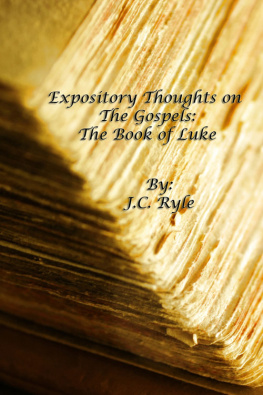

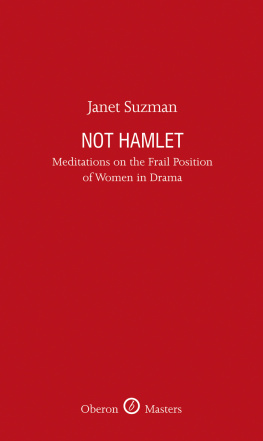
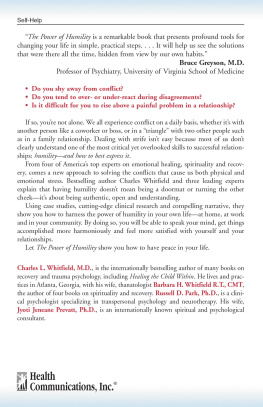
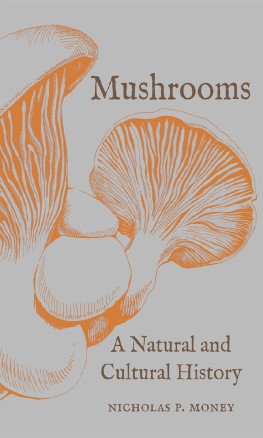
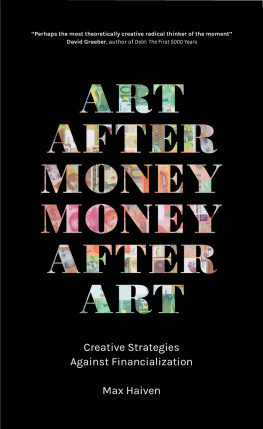
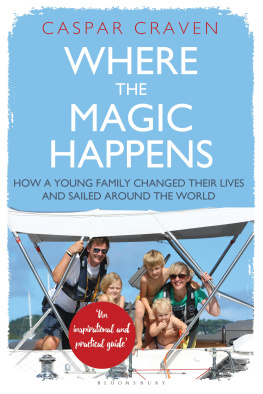
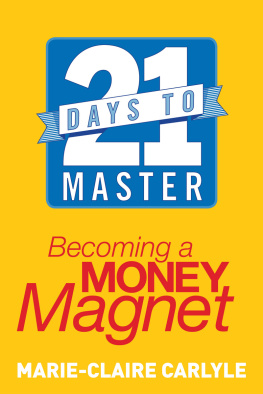
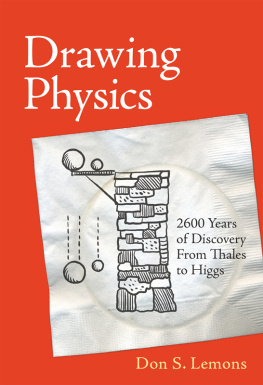
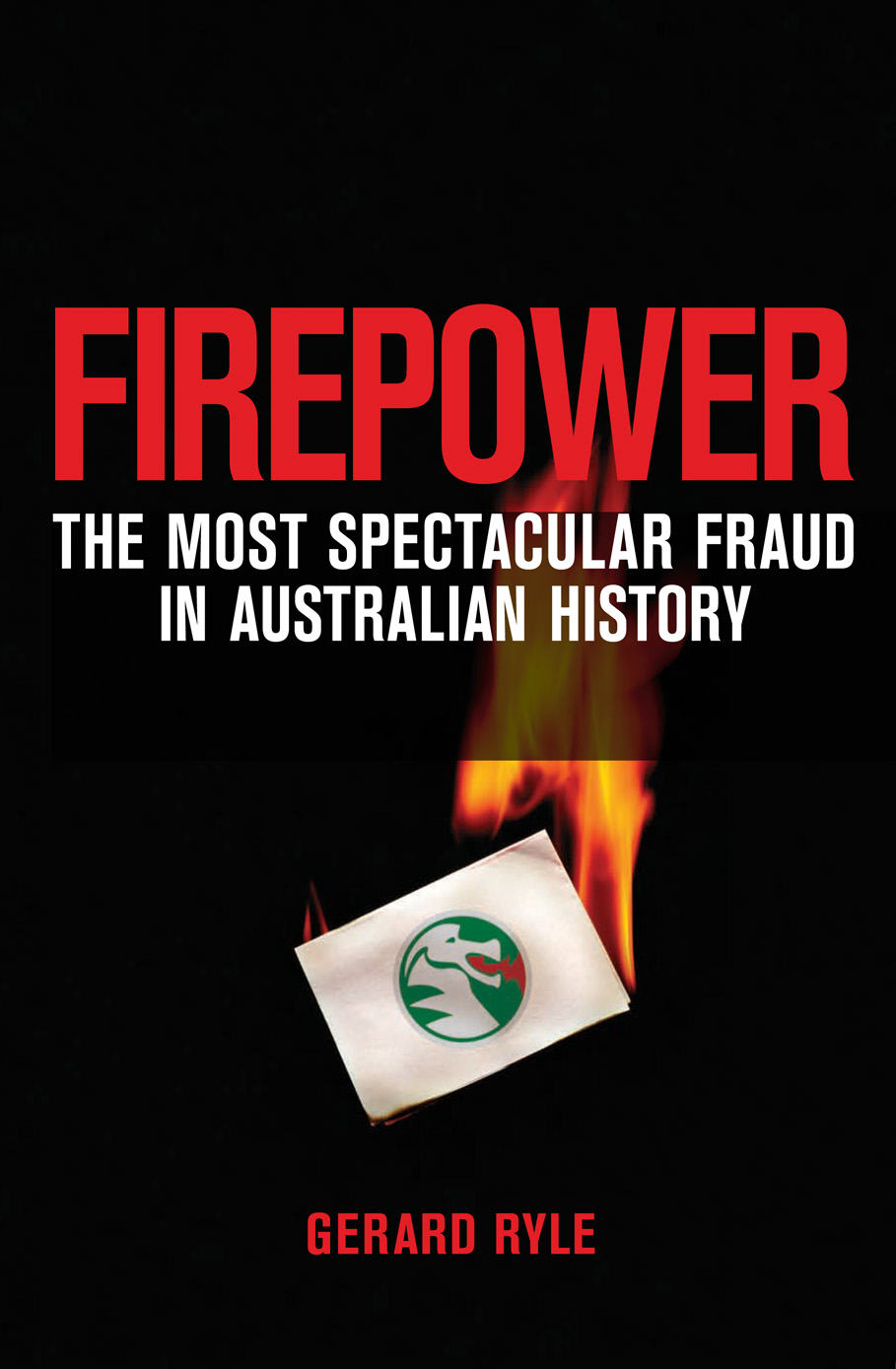

 29 billion annual bill by 20 per cent in one easy stroke. Moreover, he claimed that the pill would virtually eliminate all of the poisonous gases emitted by each vehicle.
29 billion annual bill by 20 per cent in one easy stroke. Moreover, he claimed that the pill would virtually eliminate all of the poisonous gases emitted by each vehicle.